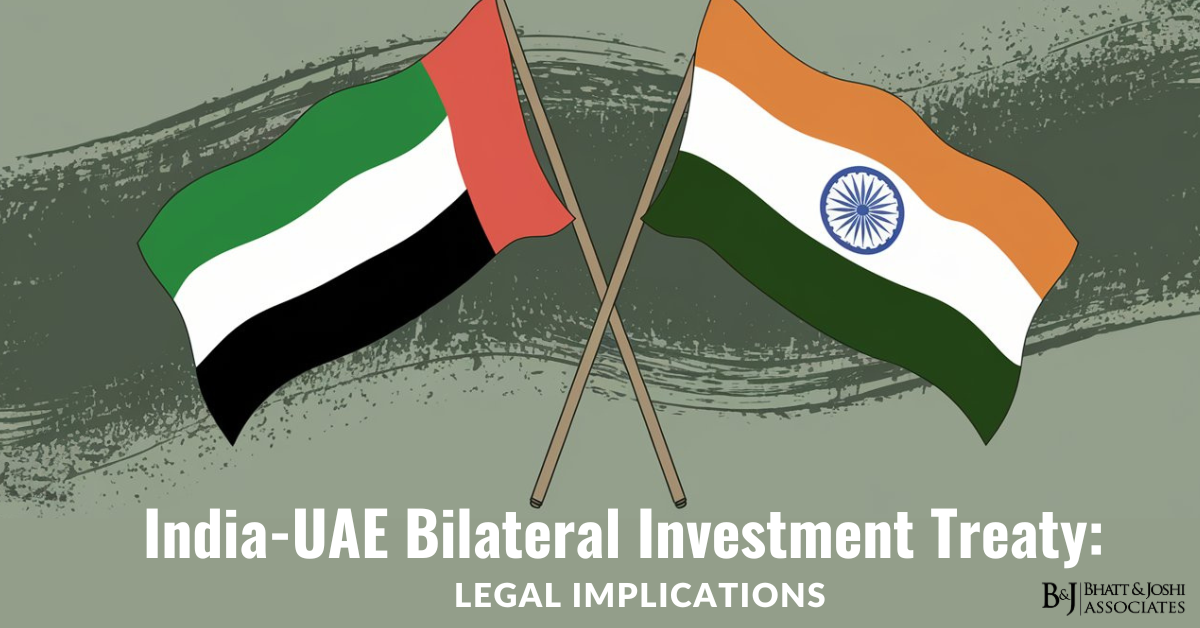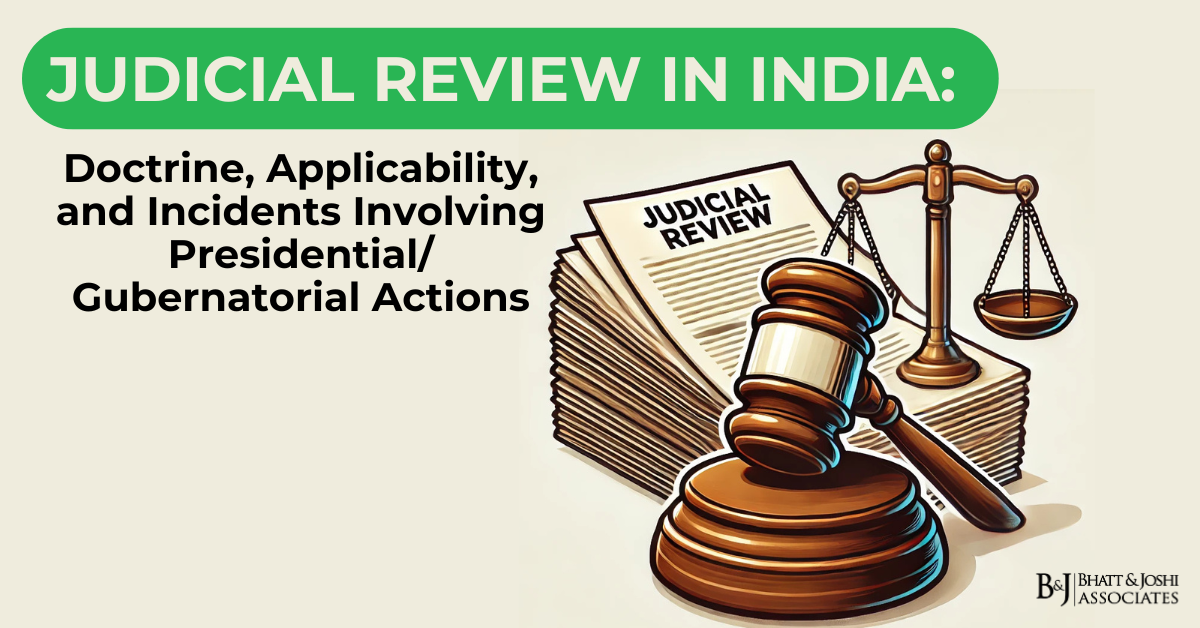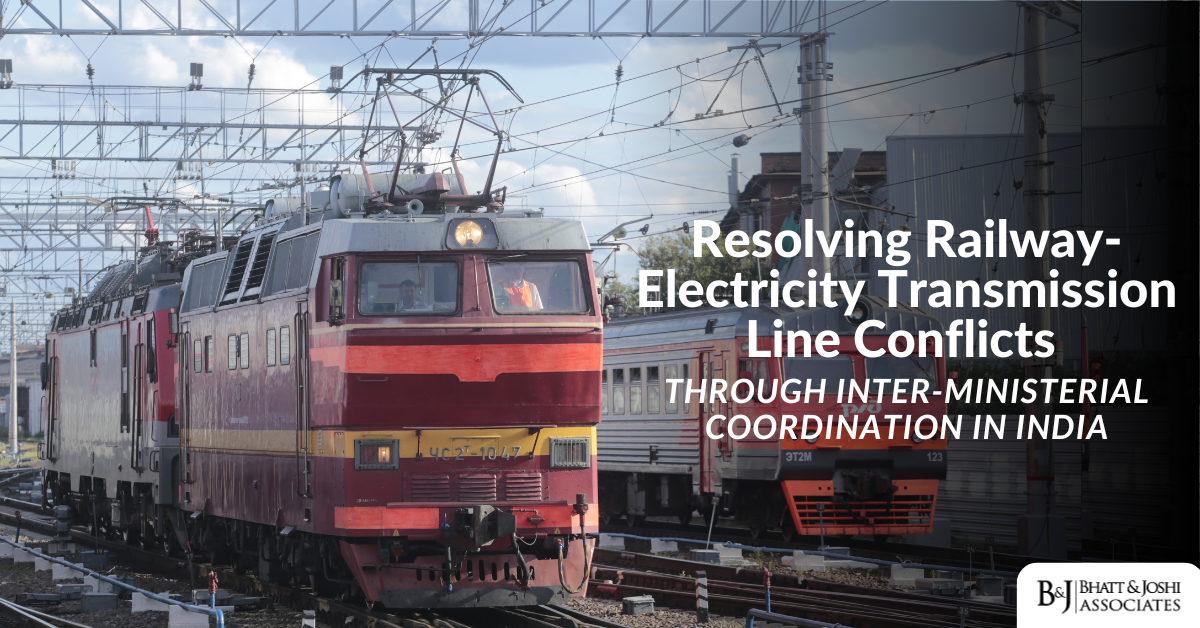Introduction
The Arbitration and Conciliation Act, 1996, provides a comprehensive framework for the constitution and functioning of the arbitral tribunal in India. This chapter will discuss the appointment of arbitrators, their disclosure requirements, and the procedures for challenging arbitrators.
Appointment of Arbitral Tribunal
The appointment of arbitrators is governed by Sections 10 and 11 of the Arbitration and Conciliation Act, 1996. Parties are free to determine the number of arbitrators, provided that such number is not an even number. In the absence of such determination, the arbitral tribunal shall consist of a sole arbitrator.
Section 11: Appointment by the Court
If parties fail to appoint an arbitrator within the stipulated time, the court has the authority to make the appointment. This is particularly important in ensuring that the arbitration process is not stalled due to disagreements between the parties.
The Supreme Court in Perkins Eastman Architects DPC v. HSCC (India) Ltd., (2020) 1 SCC 6381, held that a person who has an interest in the outcome or decision of the dispute must not have the power to appoint a sole arbitrator. The Court also clarified that Section 11(6A) of the Act, which was inserted by the 2015 Amendment, only confined the court’s examination to the existence of an arbitration agreement and did not affect its power to appoint an independent and impartial arbitrator.
Disclosure by Arbitrators
Section 12 of the Act mandates that an arbitrator must disclose any circumstances likely to give rise to justifiable doubts as to their impartiality or independence. Failure to disclose such information can be a ground for challenging the arbitrator’s appointment.
The Supreme Court in Voestalpine Schienen GMBH v. Delhi Metro Rail Corporation Ltd., (2017) 4 SCC 6652, laid down certain guidelines for disclosure by arbitrators, such as:
- The disclosure should be made at the earliest possible opportunity
- The disclosure should be made in writing and should be clear and specific
- The disclosure should include any past or present relationship with any of the parties or their counsel
- The disclosure should include any financial or personal interest in the outcome of the arbitration
- The disclosure should include any involvement in previous or pending cases related to the same dispute
Challenge to Arbitrators and Procedure
Section 13: Challenge Procedure
If circumstances exist that give rise to justifiable doubts concerning an arbitrator’s impartiality or independence, or if the arbitrator does not possess the qualifications agreed upon by the parties, the arbitrator may be challenged.
Section 13(2) provides that a party who intends to challenge an arbitrator shall send a written statement of reasons for challenge to the arbitral tribunal within fifteen days after becoming aware of such circumstances or after becoming aware of constitution of arbitral tribunal.
Section 13(3) provides that unless the challenged arbitrator withdraws from office or other party agrees to challenge, arbitral tribunal shall decide on challenge.
Section 13(4) provides that if challenge under sub-section (3) is not successful, aggrieved party may make an application for setting aside arbitral award under Section 34.
Section 12(5): Grounds for Termination
An arbitrator’s mandate may be terminated if they become de jure or de facto unable to perform their functions or for other reasons fail to act without undue delay.
Section 12(5) provides that notwithstanding any prior agreement to contrary, any person whose relationship with parties or counsel or subject-matter falls under Seventh Schedule shall be ineligible to be appointed as an arbitrator.
The Seventh Schedule lists various grounds for ineligibility such as:
- Being an employee, consultant, advisor or having any other past or present business relationship with one of parties
- Having a close family relationship with one of parties or their counsel
- Having a significant financial interest in outcome of dispute
- Having given legal advice or provided expert opinion on dispute
- Having previous involvement in dispute
Conclusion about Arbitral Tribunal
The Arbitration and Conciliation Act, 1996, provides a robust framework for the appointment, disclosure, and challenge of arbitrators, ensuring the impartiality and independence of the arbitral tribunal. Understanding these provisions is crucial for the effective conduct of arbitration proceedings in India.














